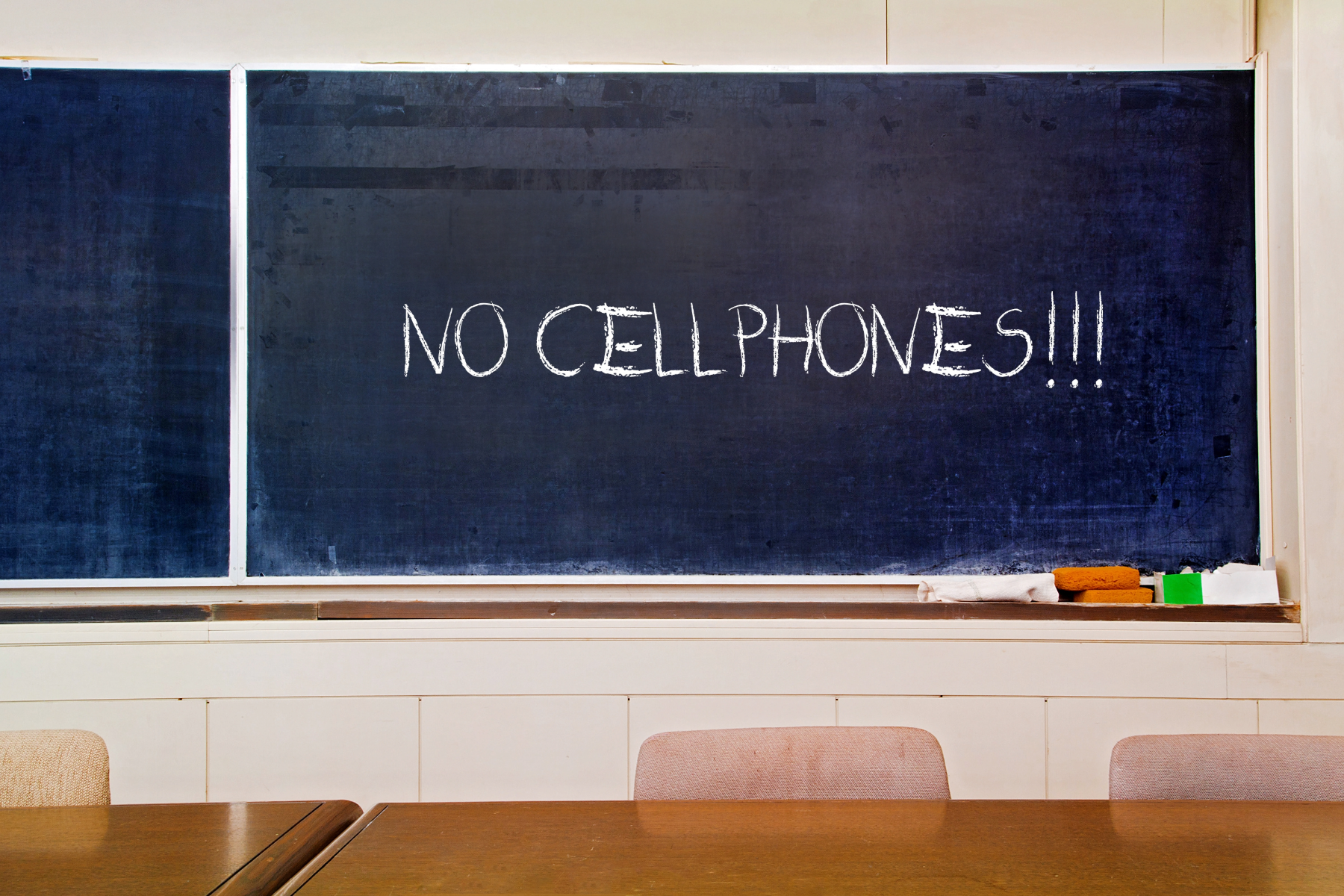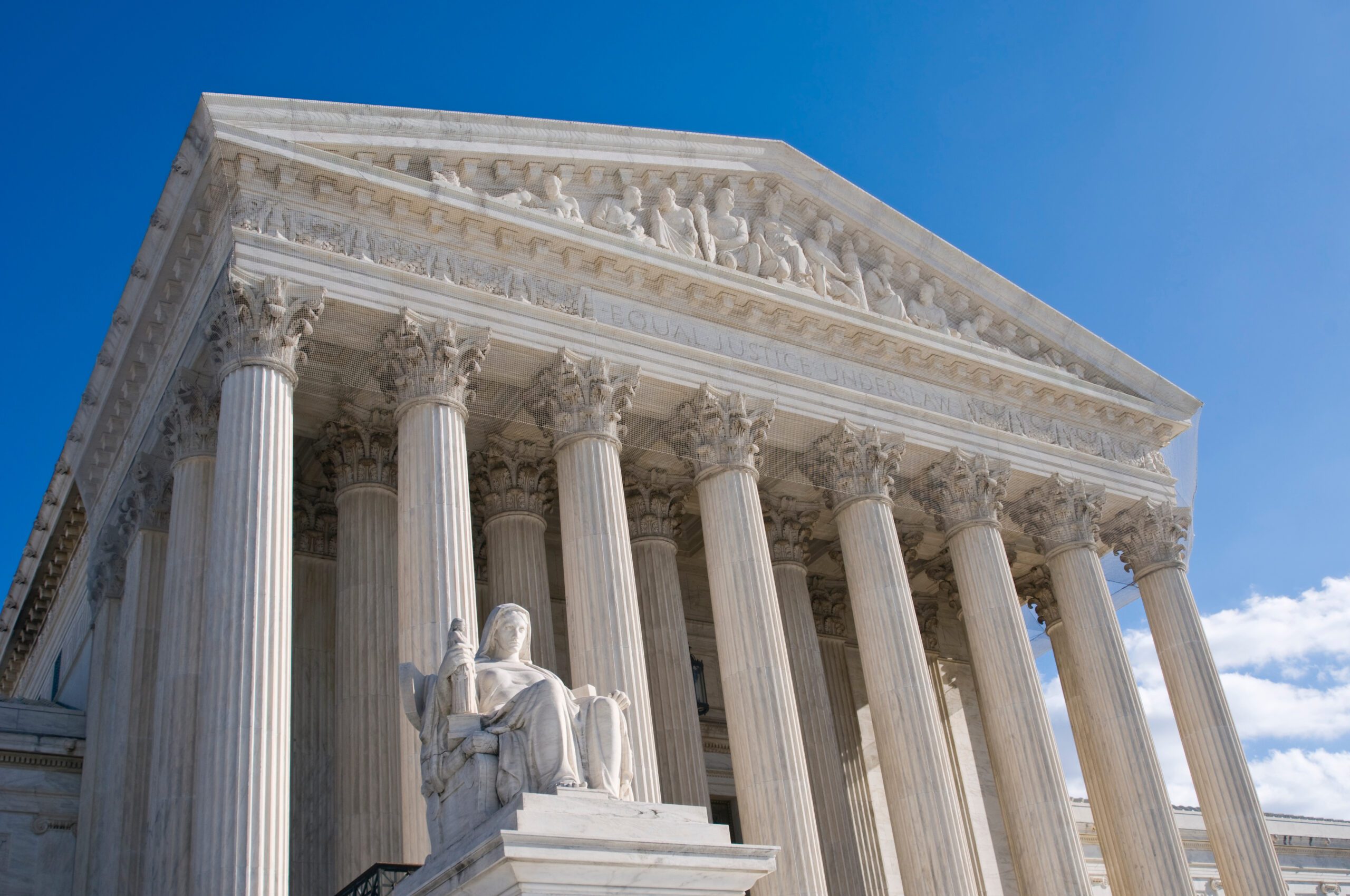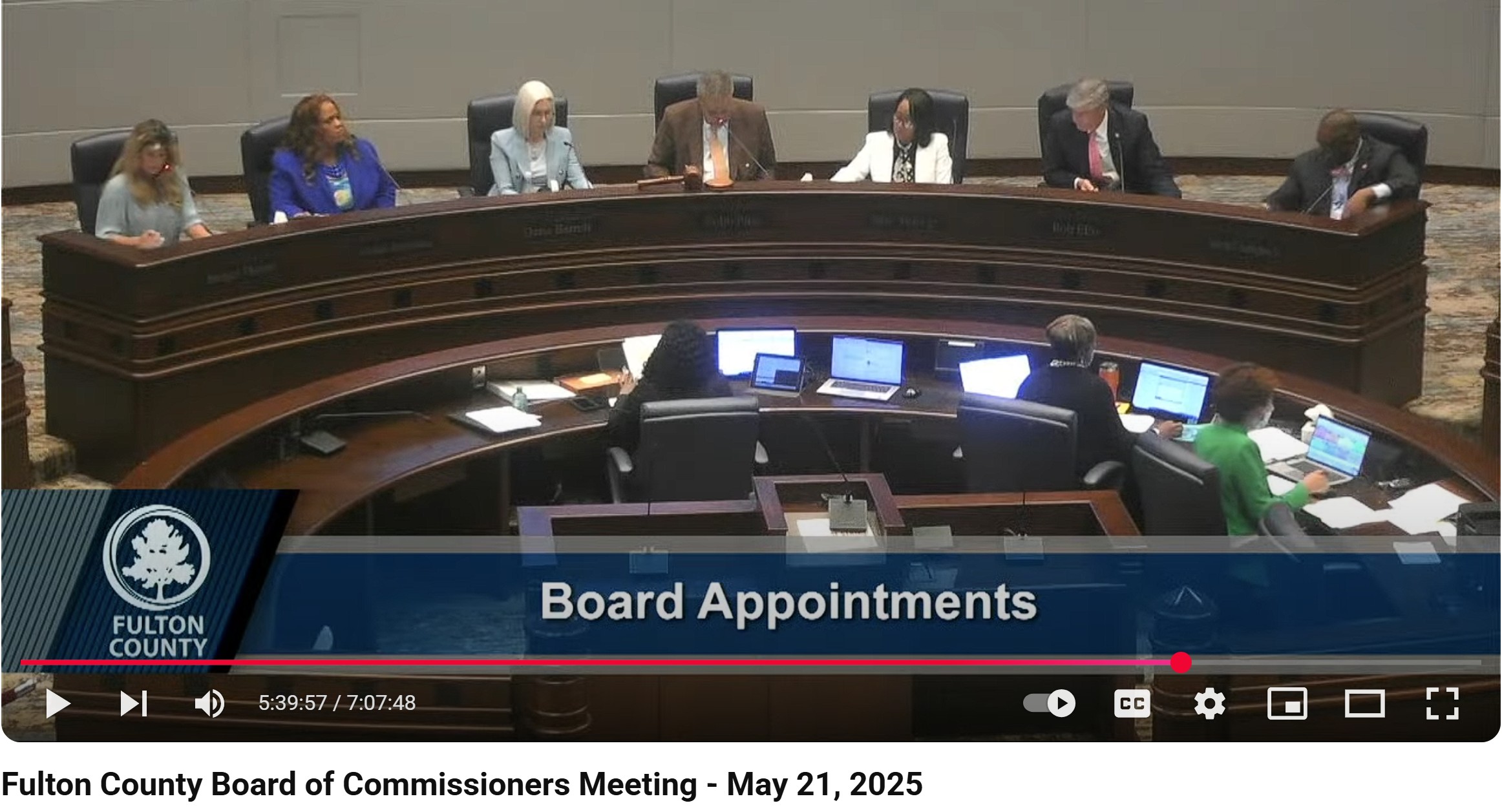HB 340 – The Distraction Free Education Act in Georgia
A bill prohibiting the use of cell phones from “bell to bell” in schools was passed and became law during Georgia’s last legislative session. HB 340, also known as the “Distraction Free Education Act,” bans all personal electronic devices, including cell phones, for Kindergarten to 8th grade in public schools across Georgia.
Kemp signed the bill into law on April 7.
Bipartisan Concerns Over Cell Phones
The bill was written in response to growing concerns of parents and educators over the effects of cellphone usage on children’s cognitive ability and mental well-being.
Unlike most bills, this one had bipartisan support, with the Georgia House voting 143 to 29 and the Senate 54 to 2.
In other words, there is agreement across the board that there is a problem with phones and social media.
Phones affect teachers’ ability to teach and children’s ability to free their minds enough to learn.
Cell Phone Addiction and the Antidote
Social media has become viewed as an addiction by the simple fact children constantly feel the need to check their apps. Professionals give more clinical explanations of the addiction with terms like “increased dopamine levels” and “unhealthy cognitive impact.”1
Regardless of explanations, the consensus is that one antidote to social media addiction is “time out.” HB 340 facilitates that antidote.
The Surgeon General’s Warning About Social Media.
It’s just not Georgians who have been worried about the toll of social media on our young people. Concerns have been increasing across the country. In May of 2023, US Surgeon General Vivek Murthy issued an advisory warning for the nation stating,
“social media can also have a profound risk of harm to the mental health and well-being of children and adolescents.” 2
Georgia is Following National Trends in Legislation
National concerns resulted in legislation limiting phone usage in public schools nationwide. The cell phone ban in Georgia mirrors the national trend.
Education Week reports, “At least 28 states have laws or policies that ban or restrict students’ use of cellphones in schools statewide or recommend local districts enact their own bans.” 3
This includes Los Angeles Unified School District (LAUSD) in California, which is the second largest district in the nation.
Forsyth County Schools Set the Example for Fulton and Start the Discussion
On April 19, Forsyth County Schools jumped to the forefront of the discussion in Georgia with a “Disconnect to Reconnect” town hall meeting. The purpose of the meeting was to educate the public on HB 340 and to address any concerns.
Teachers, administrators, parents, and students were present at the well-attended town hall meeting.
Concerns and questions were comprehensively addressed.
Questions from HB 340 Critics are Answered
Some critics, including students, were worried about the ability to communicate with the outside world during emergencies.
In response to this concern, the legislation allows phones to be brought to school and stored.
Additionally, it was disclosed to the public that there are landline phones in every classroom in Forsyth County that can be used for emergency calls.
Public Education on Cell Phones and Social Media Harms to Children
The new law’s supporters spoke of their concerns over cellphone usage on children’s ability to learn and their mental well-being.
Credible statistics and research presented at the meeting supported the validity of these concerns. The information presented was the same information used to educate legislators to gain support for the bill.
Some general risks of harm were described:
- The American Psychological Association reports that teens spend an average of 7 hours daily on their phones.4
- Each additional hour of total screen time increases the odds of suicidal behaviors, according to Science Direct.5
- NAEP (National Assessment for Educated Progress) scores have dropped precipitously since 2020 – the most significant decline in reading since 1990 and the first-ever decline in math.6
Other Takeaways from the Meeting
- Cell phones create an “unhealthy cognitive impact.”
- Unhealthy cognitive impacts include self-esteem issues, stress, instant gratification, and distraction.
- Screen time has increased, while face-to-face interactions have decreased significantly over the past 15 years.
- Adolescents manifest addictive behavior by frequently checking their social media accounts, sometimes multiple times per hour.
- Studies link heavy social media use with depression, loneliness, and anxiety.
- After the advent of the iPhone, the percentage of high school students using social media every day went from 51% in 2008 to 81% in 2015. This number is likely higher now.
- Anxiety increased in adults commensurate to the increase in cell phone usage up to 2020.
- The increase in anxiety in ages18 to 25 was the worst with a 139% increase since 2010 (that’s when the selfie feature was introduced in phones.)
- With the increase in selfies came a rise in depression
Mental Health Trends in Forsyth School District
Forsyth school district trends of mental health issues in adolescents parallel national trends. Year to date of the meeting, there were:
- 455 documented cases of reported suicidal ideation (118 of these were elementary students.)
- 1621 visits to the school nurse for anxiety and 824 for mental health.
- 669 Mental Health referrals.
The representative of the school safety team explained that not every disciplinary action goes to a committee. But almost every issue escalating to a tribunal deals with a phone.
Forsyth School Board and Parents Get Informed
Every school board member, policy writer, and superintendent had been directed to read the book The Anxious Generation by Jonathan Haidt.
Parents and school officials were also encouraged to watch a Netflix documentary called The Social Dilemma.
At the meeting, school officials admitted that they had encouraged students to bring their own technology through the years. The school system knows that it is essential for students to be technically literate – it is a skill necessary for life.
However, it became clear after reading the studies that there was a huge problem and that devices were contributing to it. They want to ensure that children are equipped to be digitally responsible and use technology in the right way.
Common Sense
According to Dr. Mitch Young, Superintendent of Forsyth County Schools,
“We are not going to abandon common sense. “
He explained that if school officials have been presented with the data and know how bad it is, it would be negligent not to do anything about it. 7
What Will Distraction-free Education Mean?
- Students are fully present for learning and engaged.
- Teachers are doing their job as teachers – not being cell phone use managers.
- Meaningful and engaging conversations with real people will occur.
- There will be a reduction in the negative impact of online drama
- Anxiety will be reduced by eliminating the pressure to stay connected
HB 340 Deadlines
Georgia school districts have until January 1, 2026, to develop policies on implementing the bill. The bans must be in place by July 1, 2026.
How Will Fulton County and Others Implement HB 340?
Each school district in Georgia is controlled locally. So, each district will be responsible for establishing policies that implement the new law. The school districts will develop specific storage methods in their local policy.
How Fulton and other counties will implement the state legislation remains to be seen. Will they be tougher? What will they choose to do about cell phones on the bus? Will they do cell phone searches?
Get Involved with HB 340 in Your School District
Parents should review the policy once it is on the local school board website and give their local school board representative the necessary input or feedback. If a parent does not know who their school board representative is, they should be able to find out from their school district website. They should call the school if they can’t find it on the website.
If you are concerned about the direction your district will take with cell phones or want to be part of the policy writing process, connect with your school board representative now.
Learn other ways you can Take Action Here.
References
1.Goldman, Bruce. “Addictive potential of social media, explained”. Scope/Stanford Medicine. October 29, 2021. https://scopeblog.stanford.edu/2021/10/29/addictive-potential-of-social-media-explained/
2.”Social Media and Youth Mental Health”.US Department of Health and Human Services.https://www.hhs.gov/surgeongeneral/reports-and-publications/youth-mental-health/social-media/
3.Prothero, Arianna. Langreo, Lauraine. & Klein,Allison. “Which States Ban or Restrict Cellphones in Schools?”. Education Week. April 30, 2025. https://www.edweek.org/technology/which-states-ban-or-restrict-cellphones-in-schools/2024/06
4.Pappas, Stephanie. “What do we really know about kids and screens?” American Psychological Association. June 30, 2022. https://www.apa.org/monitor/2020/04/cover-kids-screens
5.Montey, Dale S. “Digital screen time and suicidality during high school” Science Direct. January 2023.https://www.sciencedirect.com/science/article/abs/pii/S0091743522003802
6.”Reading and mathematics scores decline during COVID-19 pandemic” NAEP Long-Term Trend Assessment Results: Reading and Mathematics.The Nation’s Report Card. https://www.nationsreportcard.gov/highlights/ltt/2022/
7..“Disconnect To Reconnect – Town Hall Meeting”. Forsyth County Schools. Apr 14.2025 Youtube. https://youtu.be/cp9Gziy4XGY?si=Q7MT35Px7OZjQlYq.





